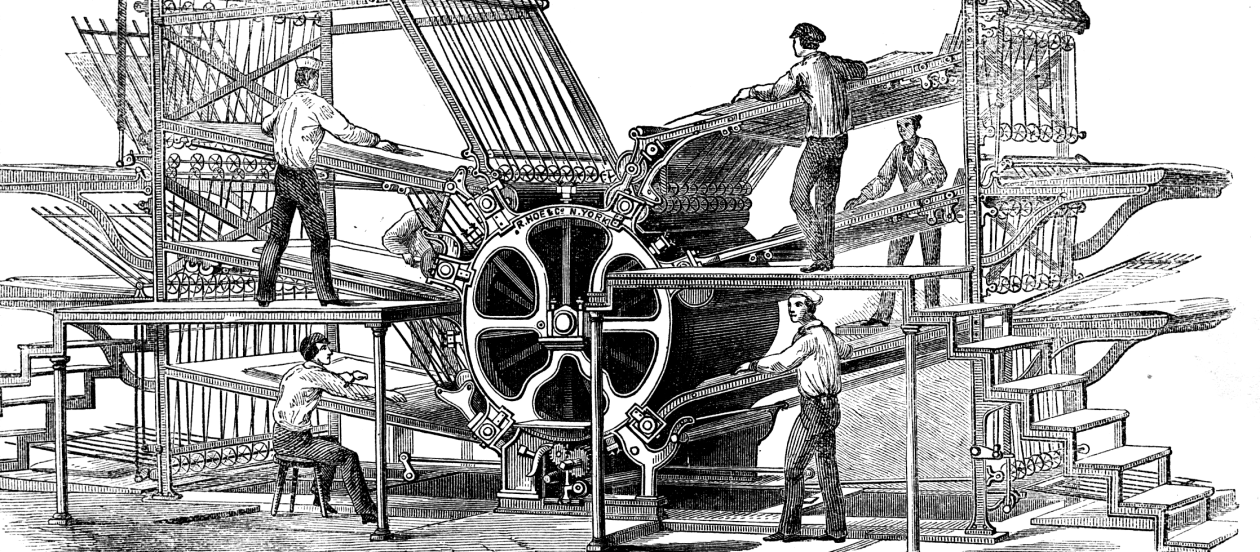
The other day I read the following verses to my kids from the book of John 12:1-8 Then, six days before the Passover, Jesus came to Bethany, where Lazarus was who had been dead, whom He had raised from the dead. 2 There they made Him a supper; and Martha served, but Lazarus was one of those who sat at the table with Him. 3 Then Mary took a pound of very costly oil of spikenard, anointed the feet of Jesus, and wiped His feet with her hair. And the house was filled with the fragrance of the oil. 4 Then one of His disciples, Judas Iscariot, Simon’s son, who would betray Him, said, 5 “Why was this fragrant oil not sold for three hundred denarii and given to the poor?” 6 This he said, not that he cared for the poor, but because he was a thief, and had the money box; and he used to take what was put in it. 7 But Jesus said, “Let her alone; she has kept this for the day of My burial. 8 “For the poor you have with you always, but Me you do not have always.”
As I read this (and remember that we are rapidly moving into the political primaries with all the accompanying rhetoric) it struck me that the words of these verses provide a wonderful picture of early socialism. Judas (yes, THAT disciple) complains because he does not believe that Mary is using her money properly, i.e. that she is wasting it on Jesus. Judas believes he has a better idea of how the money should be used and complains to Jesus – presumably with the desire that Jesus use His authority to halt the practice. But Judas not only wants Mary to stop, he also provides an alternative use for the funds.
Judas believes that the money would have been better spent on the poor. Yes, that’s the ticket, we should take it from one person who is wasting it on (what we believe to be) frivolous practices and give it to the poor who will make better use of it. On the surface his argument sounds very pious and selfless. But there is more. John gives us (through the inspiration of the Spirit) insight into Judas’ motives. The apostle says that Judas really doesn’t really care about the poor but rather uses them to reroute others’ money through his hands so that he could get some of it.
When I read those words it reminded me of much of what I hear from those who promulgate socialism. They highlight the needs of the poor and their desire to help, but they do so through legalized theft and redistribution while skimming off some (or a lot) for themselves.
In the end it is telling that Jesus rebukes Judas – not for caring for the poor, but for using them for his own gain.
- Who Should Be Baptized? - April 18, 2022
- Step By Step - June 17, 2019
- We’re Not in Kansas Anymore - November 28, 2016
